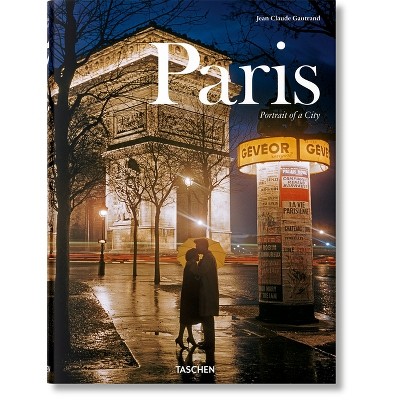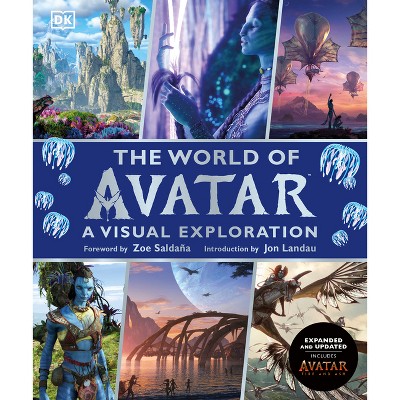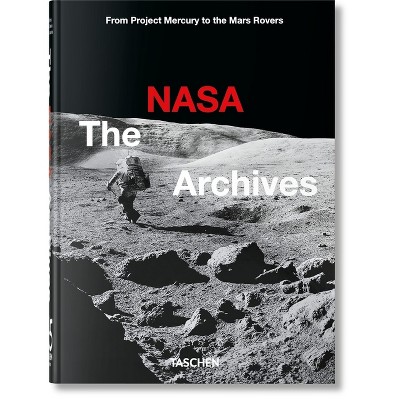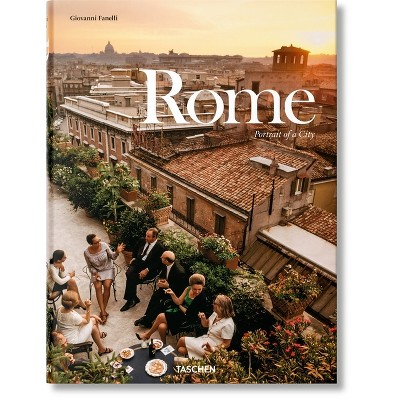Sponsored

Mars. Photographs from the NASA Archives - by Emily Lakdawalla & James L Green & Margaret Weitekamp & Nikki Giovanni & Rob Manning (Hardcover)
In Stock
Sponsored
About this item
Highlights
- Early astronomers, drawn to Mars's fiery glow in the night sky, named the planet after their god of war.
- Author(s): Emily Lakdawalla & James L Green & Margaret Weitekamp & Nikki Giovanni & Rob Manning
- 340 Pages
- Photography, Astrophotography
Description
About the Book
Since Galileo first observed Mars in 1610, the Red Planet has been an endless source of fascination, inspiring human imagination and scientific inquiry. Explore its polar ice caps, windswept dunes, and more unique landscapes through the eyes of NASA's orbiters, probes, and rovers, from the first flyby in 1965 to today's Perseverance mission.Book Synopsis
Early astronomers, drawn to Mars's fiery glow in the night sky, named the planet after their god of war. In the centuries since, Mars has captivated humankind as a source of endless speculation and a beacon of hope for its potential habitability. Through six decades of NASA's pioneering research missions, the mysteries of the red planet have been gradually uncovered, revealing a world not so unlike our own that likely once supported life.
See the earliest close-up images of Mars taken by the Mariner 4 spacecraft in 1965--the first ever captured of another planet--along with historical illustrations from an era when curiosity outpaced scientific progress. Science and art collide as NASA's later orbiter missions capture aerial views of ancient riverbeds, polar ice caps, dust storms, vast canyons, and towering volcanoes in an endlessly varied landscape. As they traverse Mars's rugged surface, NASA's rovers have operated as mechanical extensions of humankind for the past 25 years, drilling holes, searching for traces of water, and marveling at mountain ranges and panoramic sunsets.
Through hundreds of cutting-edge photographs from NASA's extensive archives, we join their scientists in the ongoing quest to better understand Mars. Essays by NASA's former Chief Scientist James L. Green and JPL Chief Engineer Rob Manning provide an in-depth look at the history of Martian exploration and the challenges of preparing for these groundbreaking missions. Captions by planetary scientist Emily Lakdawalla skillfully illuminate each image's content and technical context, and a foreword by renowned poet Nikki Giovanni and an introduction by curator Margaret A. Weitekamp reflect on Mars's significance in our cultural imagination.
From a distant enigma to a tangible frontier whose every grain of sand we can now observe, this volume celebrates the extraordinary progress NASA has made, bringing us closer than ever to understanding our neighboring world.
Review Quotes
"For anyone with a love of astrophotography, space exploration, or simply the beauty of the unknown, this book is an essential addition to any collection."-- "Digital Camera World"
"Mars must be the most imagined, most described, but never visited landscape in the universe. It holds onto its secrets stubbornly remaining almost within our grasp but tantalizingly out of reach. And still, it continues to draw our attention, an object of lifelong fascination leading some onto explore. More than that: to hope and to dream for reasons that are as ancient as the landscapes themselves."-- "BBC"
"A must-have resource for anyone wishing to explore the fourth planet from the Sun."-- "Sky Arte"
"As you have never seen Mars before: A new illustrated book brings together images from six decades of Mars exploration. On 340 pages, Mars combines a wealth of spectacular images of the planet."-- "GEO"
"Mars is clearly the best planet, a red fire in the night sky. Here it is fabulously revealed."-- "Frankfurter Allgemeine Zeitung"
"This new book celebrates the missions that have enriched our understanding of Mars and looks to a future where humans explore the Red Planet."-- "New Scientist"
"Works of art created by nature, photos from the red planet in Mars. Photographs from the NASA Archives: a compilation of impressive images - to revel in and discover."-- "Kulturzeit, 3sat"
"Mars is the best planet because Mars is a mirror. We look to it and we see ourselves--our past and possibility, and, with some imagination, our future."-- "The Atlantic"

















